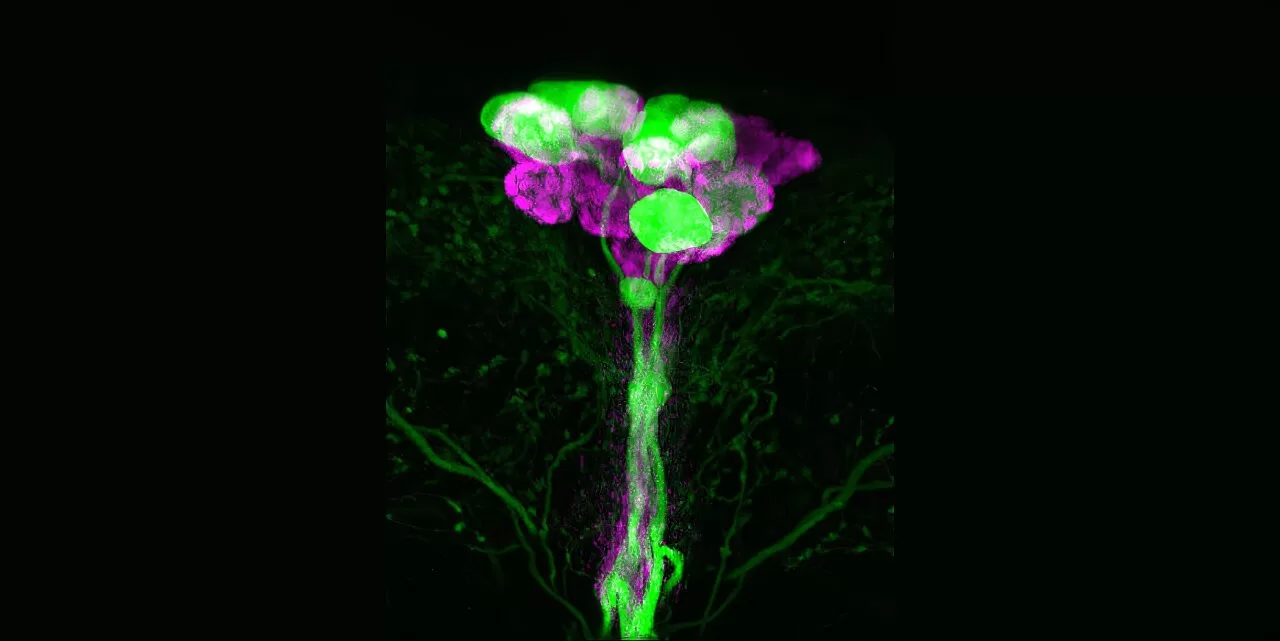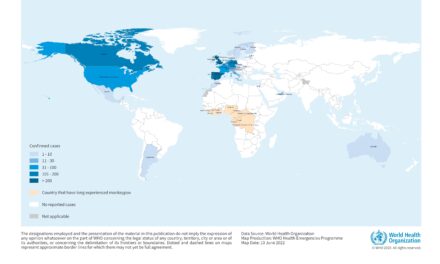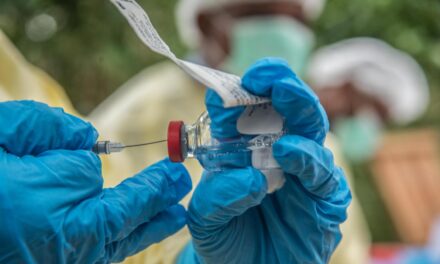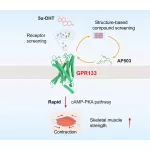A recent study by scientists at Julius-Maximilians-Universität Würzburg (JMU) in Bavaria, Germany, has uncovered fascinating new insights into insulin production in fruit flies, which could have important implications for human health and the understanding of diseases like diabetes. Insulin, a hormone that plays a pivotal role in regulating metabolism, helps control the absorption and storage of energy when food is plentiful and conserves energy during times of hunger. Disruptions to insulin regulation can lead to serious metabolic conditions, including diabetes.
In humans, insulin is produced in the pancreas, but in the fruit fly Drosophila, insulin is secreted by specialized nerve cells in the brain. These cells release insulin directly into the hemolymph, a fluid that performs the role of blood in insects. Despite the difference in where the hormone is produced, the insulin system in fruit flies is remarkably similar to that in humans.
Led by Dr. Jan Ache, an expert in neurobiology and genetics at the JMU Biocentre, the research team sought to investigate how these insulin-producing cells (IPCs) in fruit flies respond to changes in energy balance and internal metabolic demands. The study, published in the journal eLife, has provided new information on how IPCs in living fruit flies behave under varying conditions.
Tracking Insulin-Producing Cells in Action
One of the key findings of this research is that fruit fly IPCs release insulin when the flies consume sugar, but not when sugar is directly injected into the hemolymph. This phenomenon, known as the incretin effect in humans, suggests that insulin secretion may not solely be triggered by blood sugar levels, but by more complex mechanisms involving gut hormones.
The researchers also discovered that the activity of IPCs is reduced in older fruit flies. This raises the possibility that, similar to humans, the way in which fruit flies process sugar could change as they age.
Foraging Behavior and Insulin Secretion
The team also explored the relationship between insulin secretion and the foraging behavior of fruit flies. Their experiments, which used optogenetics to simulate insulin secretion following a meal, revealed that while insulin-producing cells are involved in metabolic responses, they play only a minor role in influencing foraging behavior compared to other neurons in the brain.
Dr. Ache emphasized, “With our experiments, we have refined our knowledge of the circuits that control insulin secretion in fruit flies.” This deeper understanding could open the door for further studies with potential implications for human health, particularly in the context of metabolic diseases such as diabetes.
Although fruit flies and humans are vastly different organisms, the research highlights shared features in their metabolic processes and neural function, paving the way for future discoveries that may inform the treatment and prevention of diabetes.
For more details, see the study published in eLife: Rituja S Bisen et al, Nutritional state-dependent modulation of insulin-producing cells in Drosophila (2025).
Disclaimer: This research is based on laboratory studies in fruit flies and may not directly translate to humans. Further studies are necessary to determine the broader implications for human health and the treatment of metabolic diseases such as diabetes.











